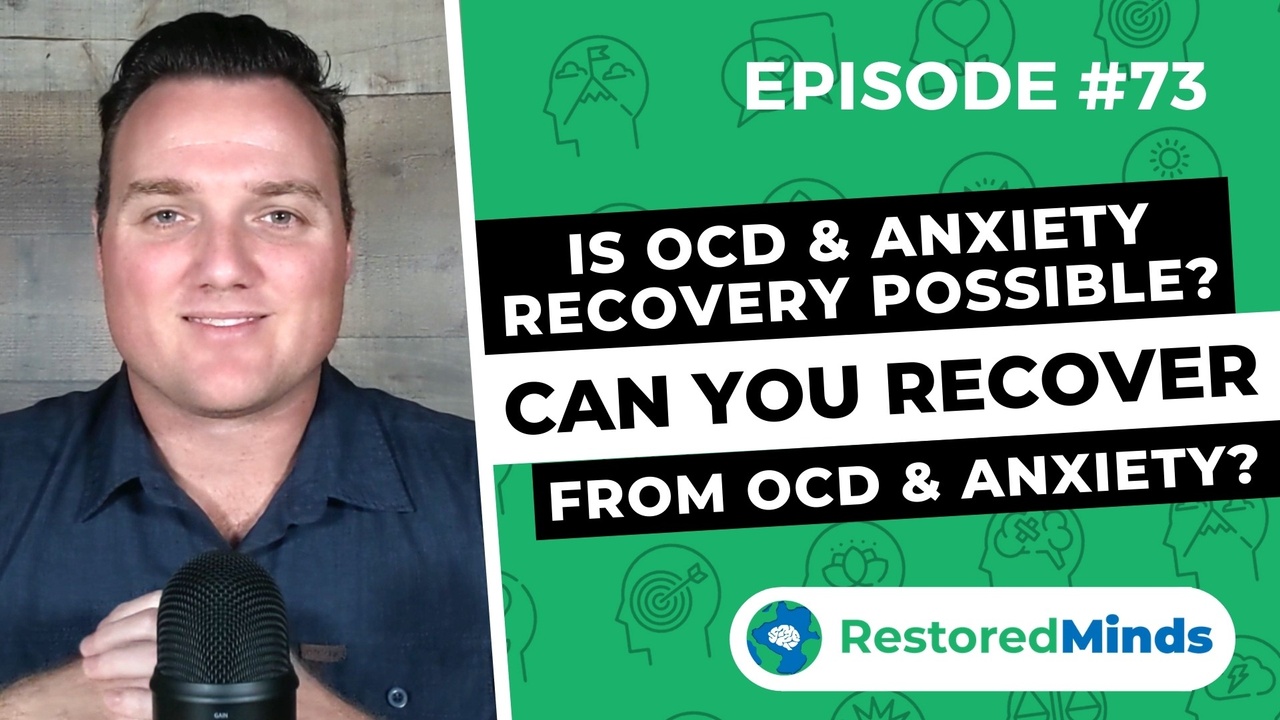Is OCD & Anxiety Recovery Possible?
Feb 25, 2021
Understanding OCD & Anxiety
OCD (Obsessive-Compulsive Disorder) and anxiety disorders, including panic attacks, social anxiety, and phobias, are common mental health issues affecting millions worldwide. The fundamental question many who suffer ask is, can you recover from OCD and anxiety? The answer is a resounding yes.
The Nature of Anxiety
To understand recovery, we need to acknowledge that anxiety is a normal human experience. It is a natural stress response where the brain anticipates a non-desirable futuristic event and the body reacts to protect you. This process, although uncomfortable, is not inherently bad or abnormal. Labeling anxiety as entirely bad creates a paradox in recovery.
The Paradox of Anxiety Treatment
The critical concept in recovering from anxiety-related disorders isn't about eliminating anxiety entirely. Instead, it's about normalizing the experience of anxiety. Techniques like Exposure and Response Prevention (ERP) emphasize moving towards anxiety rather than avoiding it. This enables us to trust our body's ability to handle and process these anxious thoughts and feelings healthily.
Suppression vs. Acceptance
A common mistake in dealing with anxiety is trying to suppress it through avoidance, reassurance checking, or even chemical means like alcohol or marijuana. These methods provide temporary relief but worsen the issue over time. Our approach at Restored Minds emphasizes acceptance. The more you try to suppress anxiety, the stronger it becomes, much like trying to push a beach ball underwater – it inevitably resurfaces.
Focusing on Long-Term Mental Health
Recovery is not about the complete absence of anxiety; it's about breaking out of the loop of compulsive thoughts and behaviors that keep you trapped. The behaviors that provide short-term relief can often lead to long-term issues, shrinking your world and your ability to cope. By focusing on long-term mental health, you can learn to sit with temporary discomfort for lasting recovery.
The Path to Recovery
Recovery involves building skill sets that help you to trust your body's ability to manage anxiety. It’s not just about managing or coping but genuinely overcoming it. At Restored Minds, we provide various resources, including support groups, coaching calls, and our "Taking Back Control" program. These resources are designed to give you the tools needed to break free from the anxiety loop.
Conclusion - Yes, Recovery is Possible
To conclude, recovery from OCD and anxiety is indeed possible. It requires a shift in understanding and approach toward your mental health. By recognizing anxiety as a natural experience and focusing on long-term management, you can transform your life.


